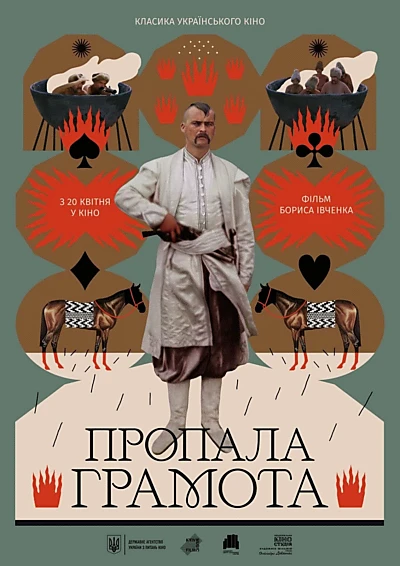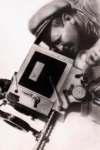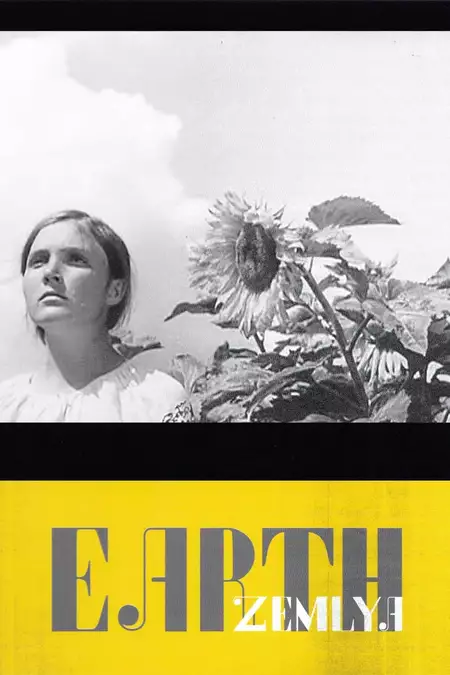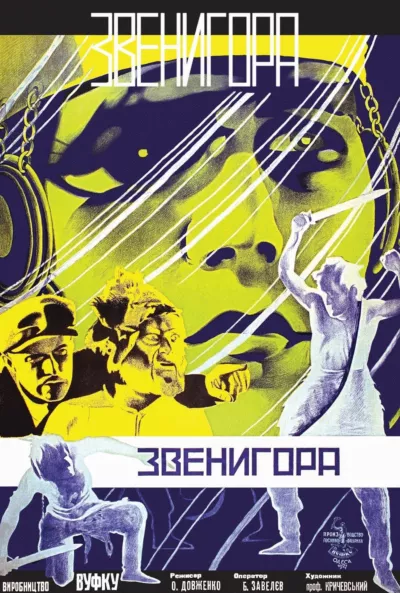Arsenal (1929)
Arsenal (1929)
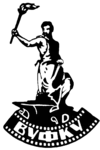
Plot.
Where to Watch.
 Ads
Ads Rent
Rent Free
FreeCurrently Arsenal is available for streaming online, rent, buy or watch for free on: Tubi TV, FlixFling, Kanopy
Streaming in:🇺🇸 United States

Cast & Crew.
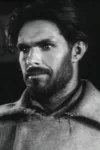
Semen Svashenko
Tymish, the Ukrainian
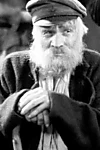
Mykola Nademskyi
Official
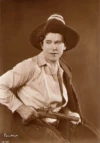
Luciano Albertini
Raffaele

Borys Zahorskyi
Dead Soldier

O. Merlatti
Sadovsky

Dmitri Erdman
A German Officer

Mykola Kuchynskyi
Petliura

Heorhiy Horkov
A Red Army Soldier

Dmytro Erdman
A German Officer
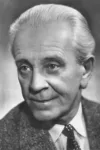
Sergey Petrov
A German Soldier
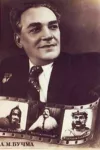
Amvrosi Buchma
Laughing-Gassed German Soldier

M. Mikhajlovsky
Nationalist

Oleksandr Yevdakov
Tsar Nikolas II

Petro Masokha
Workman
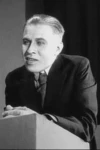
Les Podorozhniy
Pavlo
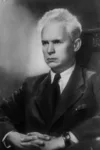
Oleksandr Dovzhenko
Director / Writer / Producer
Media.
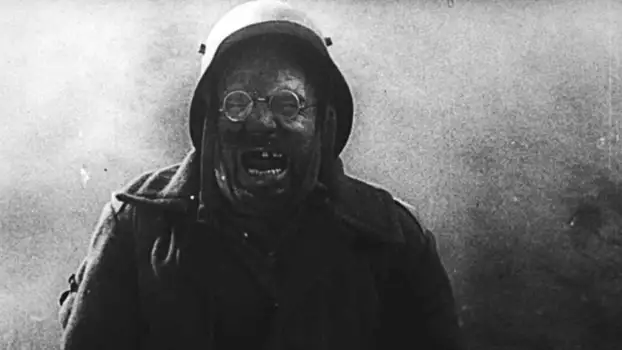



Details.
Release DateFebruary 25, 1929
Original NameАрсенал
StatusReleased
Running Time1h 27m
Genres
Last updated:
This Movie Is About.
Wiki.
Arsenal (Russian: Арсенал, romanized: Arsenal, Ukrainian: Арсенал, also alternative title January Uprising in Kyiv in 1918) is a 1929 silent Soviet drama film by Ukrainian director Oleksandr Dovzhenko. The film depicts events following the 1917 October Revolution in Russia and the subsequent Russian Civil War, and is a highly symbolic and poetic portrayal of the revolutionary spirit and the struggle for power. The film was shot at Odessa Film Factory of VUFKU by cameraman Danyl Demutskyi and used original sets made by Volodymyr Muller. The expressionist imagery, camera work and original drama were said to take the film far beyond the usual propaganda and made it one of the most important pieces of Ukrainian avant-garde cinema. The film was made in 1928 and released early in 1929. It is the second film in Dovzhenko's "Ukraine Trilogy", the first being Zvenigora (1928) and the third being Earth (1930).
The film concerns an episode in the Russian Civil War in 1918 in which the Kiev Arsenal January Uprising of workers aided the besieging Bolshevik army against the Ukrainian People's Republic’s Central Rada council who held legal power in Ukraine at the time. Regarded by film scholar Vance Kepley, Jr. as "one of the few Soviet political films which seems even to cast doubt on the morality of violent retribution",
You May Also Like.
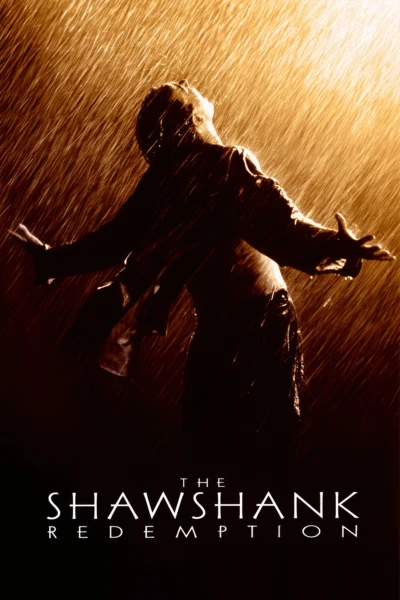
The Shawshank Redemption (1994)
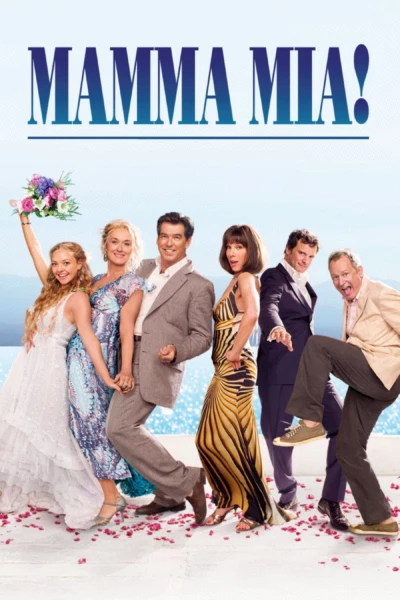
Mamma Mia! (2008)
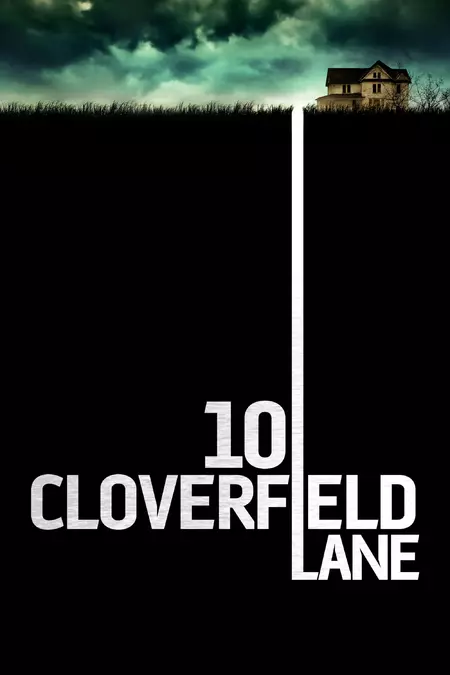
10 Cloverfield Lane (2016)
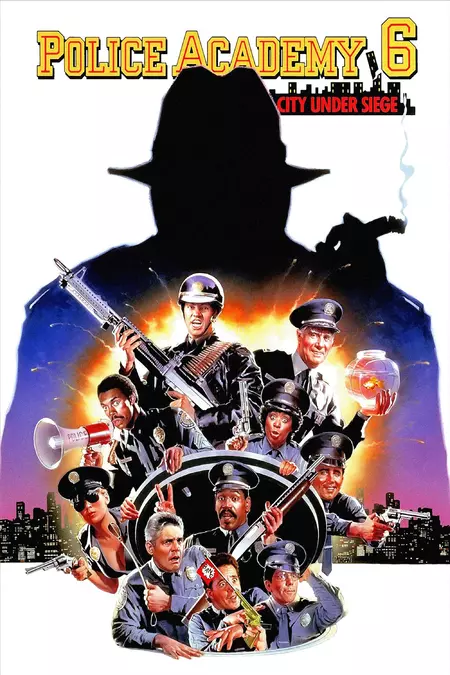
Police Academy 6: City Under Siege (1989)
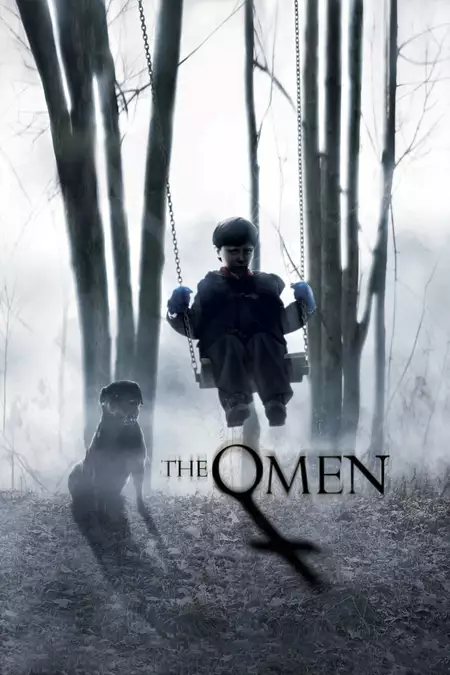
The Omen (2006)
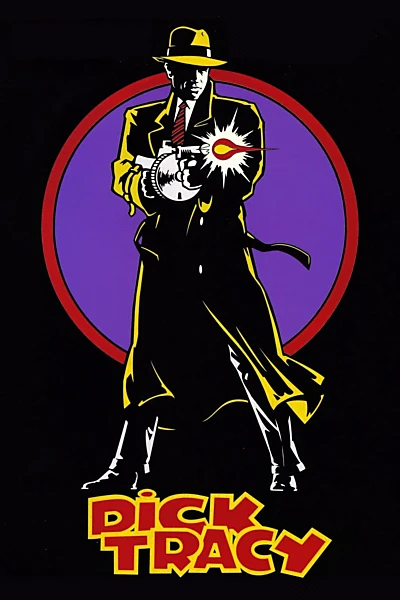
Dick Tracy (1990)
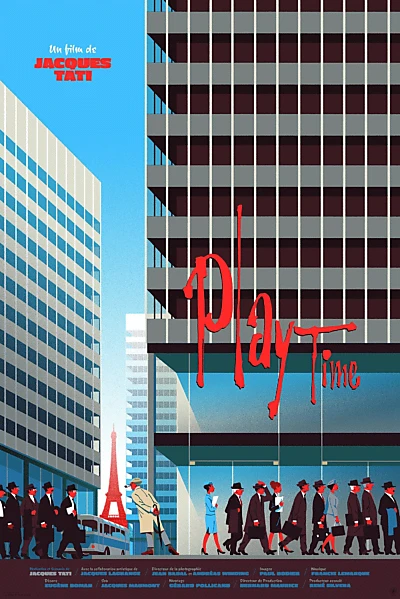
PlayTime (1967)
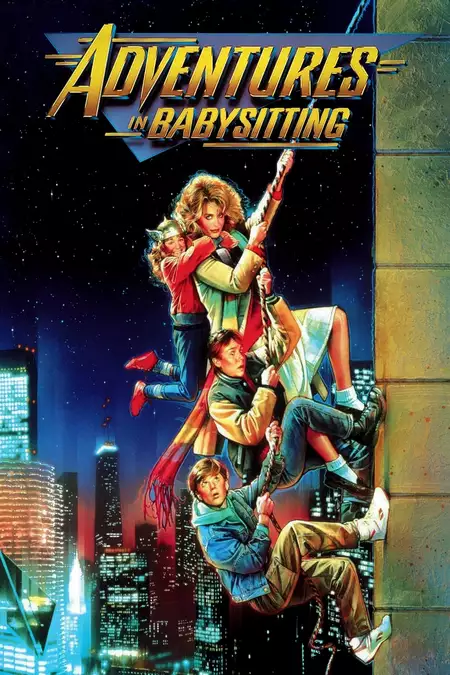
Adventures in Babysitting (1987)
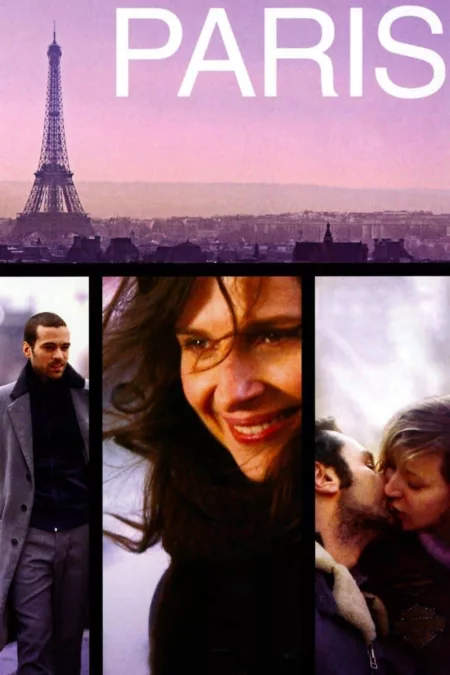
Paris (2008)
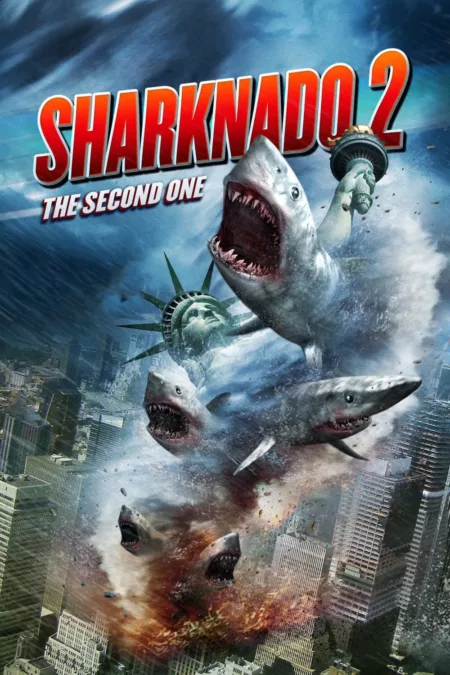
Sharknado 2: The Second One (2014)

Deadgirl (2008)
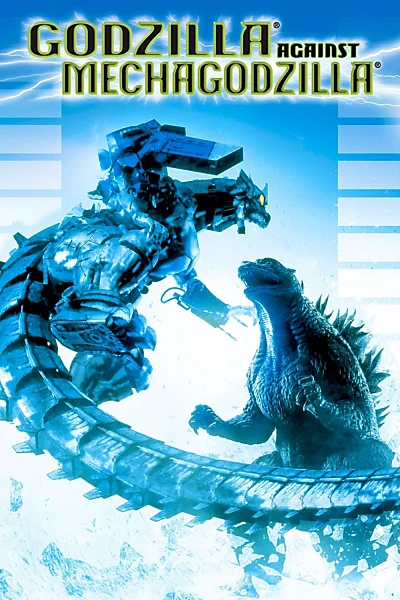
Godzilla Against MechaGodzilla (2002)

The Dream Team (2012)

Heartbeats (2010)

Wendy and Lucy (2008)
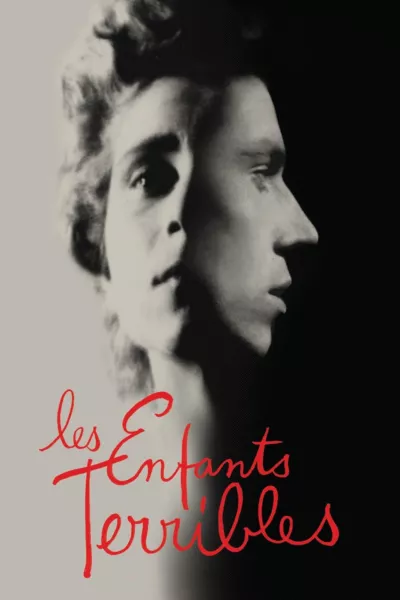
The Strange Ones (1950)
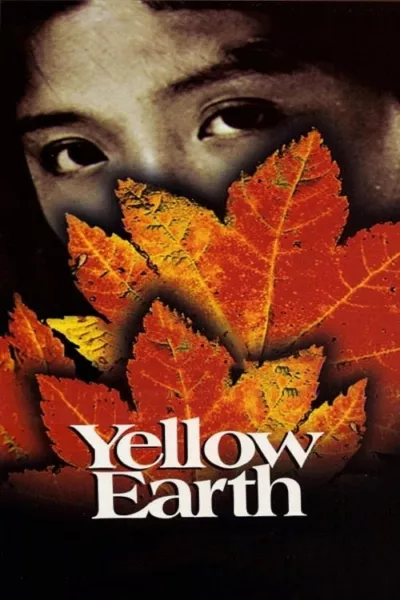
Yellow Earth (1984)
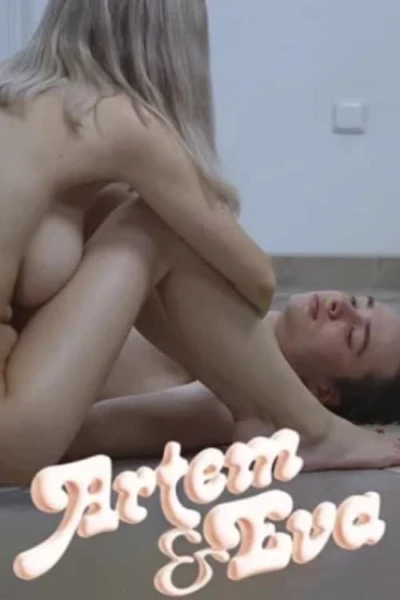
Artem & Eva (2023)
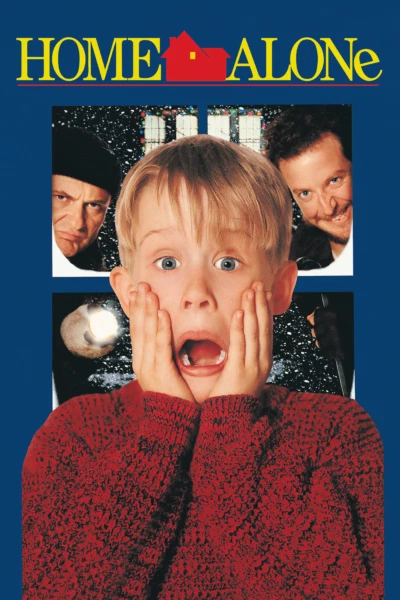
Home Alone (1990)
